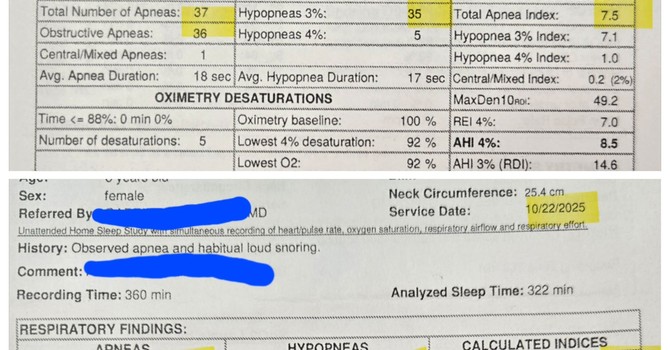
Stress is a natural part of life, but how we manage it can make a significant difference in our overall health and well-being. The mind-body connection plays a crucial role in how stress affects us physically and emotionally. By understanding this connection, we can adopt strategies that not only help us cope with stress but also promote a healthier, more balanced lifestyle.
How Stress Affects the Body
When we experience stress, our bodies respond in ways that can impact our physical health. This response, often referred to as the "fight or flight" reaction, is the body’s natural way of preparing to face a perceived threat. While this response can be helpful in short bursts, chronic stress can lead to a variety of physical symptoms, such as headaches, muscle tension, and fatigue. Over time, these symptoms can contribute to more serious health issues, emphasizing the importance of managing stress effectively.
The Role of the Mind-Body Connection
The mind-body connection refers to the relationship between our thoughts, emotions, and physical health. When we experience negative emotions like anxiety or anger, our bodies often respond with physical symptoms. Conversely, positive emotions can lead to a sense of well-being and improved physical health. By nurturing this connection, we can learn to manage stress more effectively and support our overall health.
Techniques for Managing Stress Through the Mind-Body Connection
Understanding the mind-body connection offers a pathway to managing stress in a holistic way. Here are some strategies to consider:
- Mindfulness and Meditation: Practicing mindfulness and meditation can help calm the mind and reduce the physical effects of stress. These techniques encourage you to focus on the present moment, which can help decrease anxiety and improve your ability to handle stressful situations.
- Physical Activity: Regular physical activity is not only good for your body but also for your mind. Exercise releases endorphins, which are natural mood lifters, and can help reduce stress-related tension in the body.
- Breathing Exercises: Deep breathing exercises can help activate the body’s relaxation response, reducing the physical symptoms of stress. Taking slow, deep breaths can help lower your heart rate and promote a sense of calm.
Supporting Your Stress Management Journey
Incorporating mind-body practices into your daily routine can significantly impact how you manage stress. While it's essential to recognize the effects of stress on your body, it’s equally important to seek care and support when needed. Whether through self-care practices, professional guidance, or both, maintaining a healthy mind-body connection is key to managing stress and promoting overall wellness.
The content in this blog is for informational purposes only and is not a substitute for professional medical advice, diagnosis, or treatment. Always consult your doctor or a qualified healthcare provider before trying new healthcare protocols.



